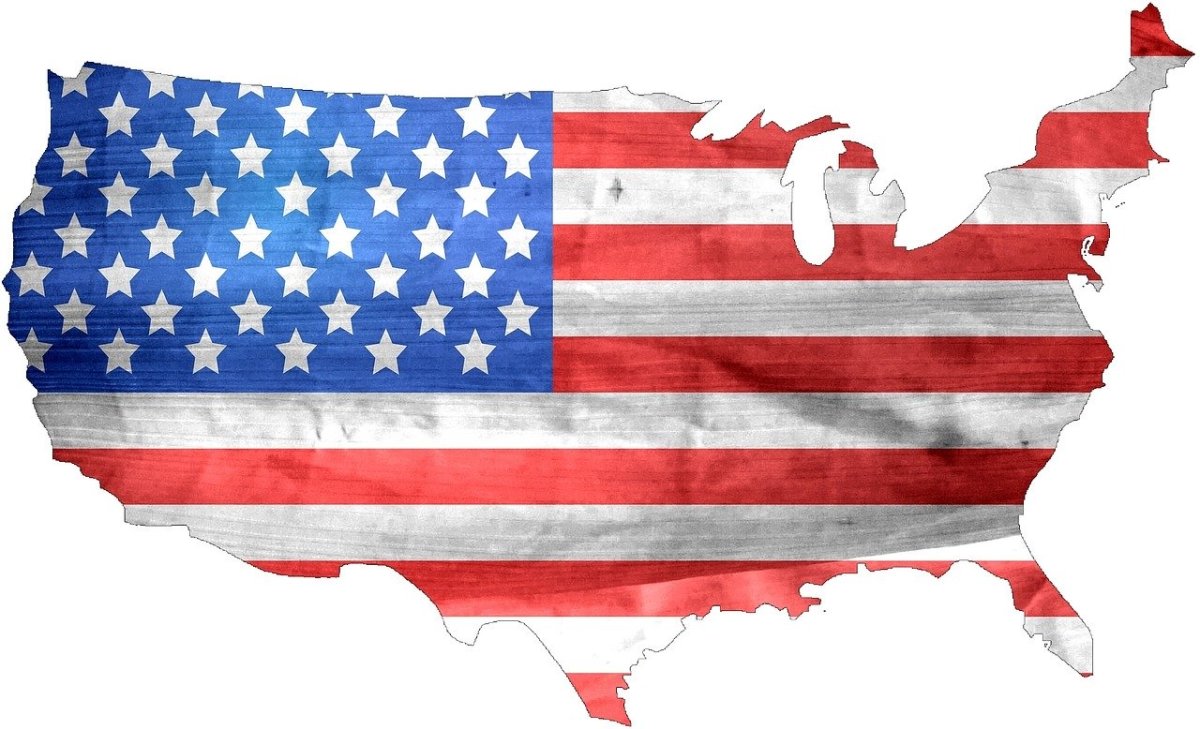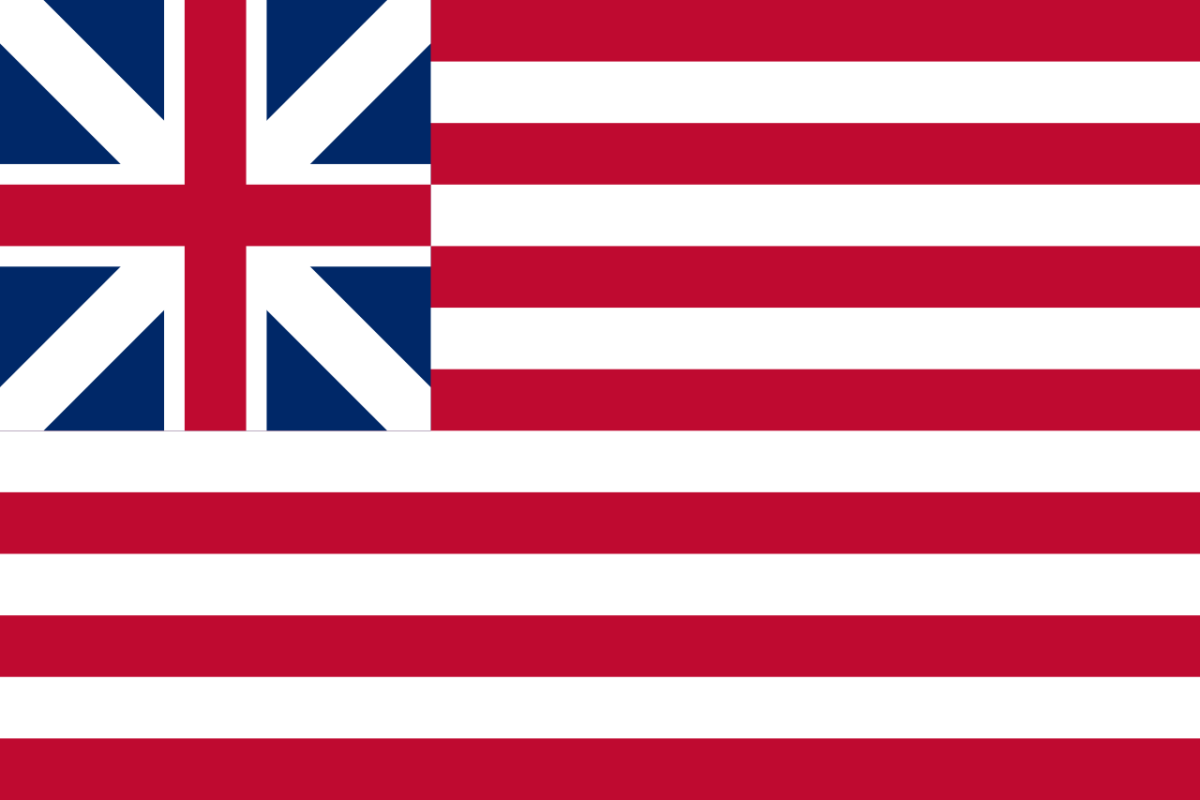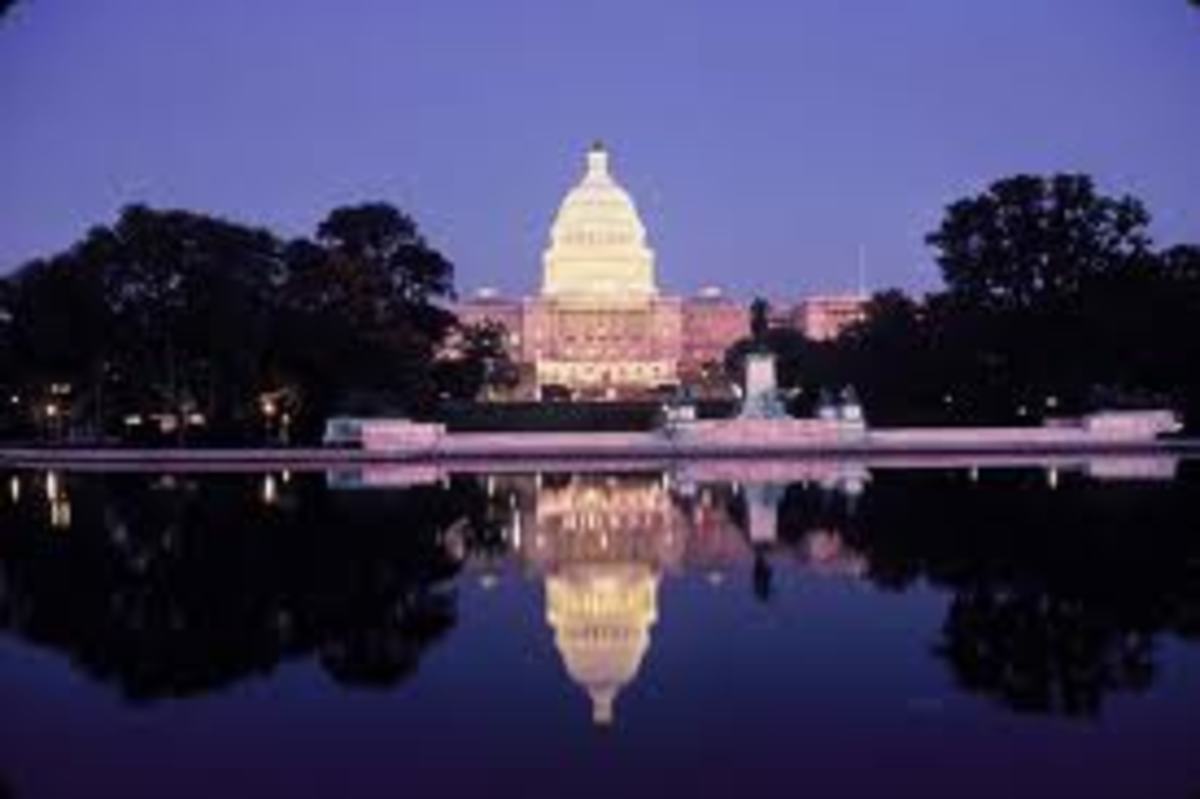AMERICAN SHARIA

By: Wayne Brown
The on-going debates in American culture have historically centered on issues that when boiled down to the basics are essentially rooted in States’ Rights. This has been the case since the early day of the republic and will likely always be the case. As I have pointed out before, this root issue is normally mask behind the framework of a current debate.
Some examples of this have included the early arguments surrounding the relationship of the state and federal governments. The issue came to the forefront again in the Civil War with the argument over a state’s right to secede from the Union driven by the dispute over slavery. More recently, we see the arguments of today surrounding illegal immigration with the root argument again stemming from the question of what rights the state has in stemming the situation. Arizona has become the poster child in this shoving match on State’s Rights.
Oklahoma just opened the door to the next debate which will drive the States Right’s battle. Oklahoma voters have passed initiatives establishing that the State of Oklahoma and its inhabitants will not be bound by the principles of Sharia or Muslim Law. Other states are either attempting this same path or heavily weighing it. No doubt, at some point, this issue will be debated before the Supreme Court before an ultimate position is established.
You might look at this issue and wonder how any state or group of citizens in the United States could find themselves in need of legislation exempting the state and its people from Sharia Law. Unfortunately, there is a growing basis for it as we begin to see cases come before the courts in which people of the Islamic faith are accused of crimes under the laws of the United States. In turn, these defendants are citing their own adherence to Sharia Law, the laws and principles of the Islamic religion, as being the basis for their behavior and thus their innocence. This is becoming a viable defense with respect to acknowledging the religion of the individual. If it can be a viable defense, it could also become the basis for prosecution as well as the dominance of the Muslim faith becomes a greater factor in American society.
America, for the most part is a Christian nation. The democratic republic was founded on principles based on Christian or Protestant beliefs. The laws enacted are rooted in these beliefs in terms of our compassion toward our fellow man and our judgments toward him. In many ways, that is the depth of the impact. In essence, we as Americans, attempt to adhere to a separation between church and state such that the application and the enforcement of our laws are not determined or limited solely by religious principles.
Let’s take a look at the absurd side of allowing religion to enter into the functionality of our laws and judgments. If a man of a protestant faith drinks too much beer and decides to abuse his wife because he becomes unhappy with the outcome of the Sunday afternoon football game, he is in the eyes of the current laws of America committing assault and will be processed under the laws of our court system currently in place.
Now, if we change the players a bit and suppose this man is now of the Islamic faith and subscribes heavily to Sharia Law, his defense in the American court system is that he is exercising his rights under Sharia Law as it pertains to his wife. Now, the court is faced with either exercising the current laws or ignoring them in light of the man’s religious beliefs. In essence, Sharia Law is superseding the laws of the United States of America. Absurd you might say, but, not unlikely.
Now, it may be more apparent to you why Oklahoma and other states are looking at this issue of Sharia Law as it applies in their states. Logically, it should never be a question for a number of reasons starting with American citizenship. We, as Americans, have always assumed that when individuals came to this country and either applied for citizenship or for green card visa entry, they were also in agreement to understand and comply with the laws in force in America. Certainly if the roles were reversed and an Americans were taking up temporary or permanent residence in an Islamic country the expectation would be that the Americans would also comply with the laws of that country. This is not a religious issue. It is the basis for the Rule of Law in our society or any society for that matter. From that standpoint, religious preference should never be the basis for subverting the laws currently in force within a country.
For those who lean toward acknowledging all religions equally, your position is noble but not necessarily reasonable. It comes back to the basis for why we have separated church and state in this country in the first place when it comes to laws. The premise should be that we create no laws which force individuals to violate their religious principles and at the same time religion should not require practices which would violate laws which are established to protect and keep safe the general population of an area or country. Given an exercise in imagination, one can think of all types of crimes which could be committed only to enter the courts and use religion as a shield. “Yes, Mr. Judge, I did rob the bank but I did it because my religion subscribes to the belief that all money belongs equally to everyone thus I only took what was already mine.”
If the application and interpretation of our laws are individually tailored to fit each religious circumstance, then the laws are no longer equally applicable to all of society. It becomes okay for one particular group to behave in a particular manner on the basis of religion while it is actually illegal for another. We begin to discriminate on the basis of the most restrictive aspects of religion and the least restrictive aspects of the law.
In the final analysis, in the culture of the United States of America, we are not established, designed, or intended to function under the rules of the church or an over-bearing religious establishment. Our forefathers decided that issue in the early days of this country when many of our ancestors boarded ships to come to America to escape the oppression of an overly dominate religion. States like Oklahoma are beginning to recognize the potential dangers of having the laws governing our society become subverted by religion. Those states are taking aggressive action to address this predicament and put it to rest in the interest of maintaining law and order and keeping the Rule of Law as the supreme focus for all the citizens of this country.
A discussion in this perspective should not be viewed as an effort to oppress the Islamic faith. The intent is much broader with the focus being religious beliefs, regardless of their source, do not supersede the laws of either the United States or of any state which is part of that union whether that religion be of the Christian, Catholic, Mormon, Islamic or any other faith. One might argue that it does focus on the Islamic faith because the current efforts on the part of states like Oklahoma is to remove Sharia Law from consideration in the justice system. While that is true, the basis for that position is the fact that Sharia Law has already established incidents in conflict with established state and national laws. If the Catholic Church should issue edits which placed those of the Catholic faith at odds with the Rule of Law, then such focus of legislation would lean in that direction. The need to address the issue is driven by the circumstance.
The on-going historical debate of States’ Rights will continue and we as citizens must recognize as such. The debate over the immigration situation in Arizona and the issue just discussed are as much a part of this on-going debate as the issue of slavery was in the Civil War debate on succession. As in those situations states will begin to address this issue as they have others. Ultimately, the issue will be addressed in the Supreme Court and opinions will be rendered to determine the final national perspective. Until then, Oklahoma is attempting to follow The Rule of Law.
©Copyright WBrown2010. All Rights Reserved.








